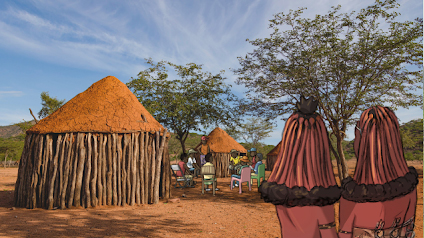Stories of social (in)equity in nature-based solutions

Nature-based solutions involve working with nature to address societal challenges while promoting human wellbeing and biodiversity.
As nature-based solutions become increasingly popular in policy and practice, different groups – particularly in the Global South – are raising concerns about their misuse or misguided application. Worse still is that, despite any equitable intentions, many nature-based solutions still lead to inequitable outcomes, particularly at local scales, and particularly for the most vulnerable. These outcomes include negative impacts, fewer benefits, and less or limited participation, recognition and respect.
This book presents a series of stories from Africa to illuminate the factors that constrain or enable social equity in nature-based solutions. These fictionalised stories are based on the experiences and reflections of researchers and practitioners, and bring local voices to the fore.
The accompanying illustrations include reflections that capture what we see as the space for action, and are based on a forthcoming systematic review of the literature on this topic.
The stories aim to help those working in research, policy and practice to better consider how social equity can be achieved during the design, planning and implementation of nature-based solutions.
Includes a section titled A story of equity washing,corporates and forestconcessionsin Gabon by Ida N.S. Djenontin, Kate Gannon, Petra Holden and Tali Hoffman.
Holden P*, Hoffman T*, Djenontin INS, Esler K, Gannon K, Humphrey G, Mbidzo M, Mtati N, New M, Ndlovu V, Razafimanantsoa AHI, Rebelo AJ, Savory S, Thorn JPR, Visser M & Ziervogel G. 2023. Stories of social (in)equity in nature-based solutions.

